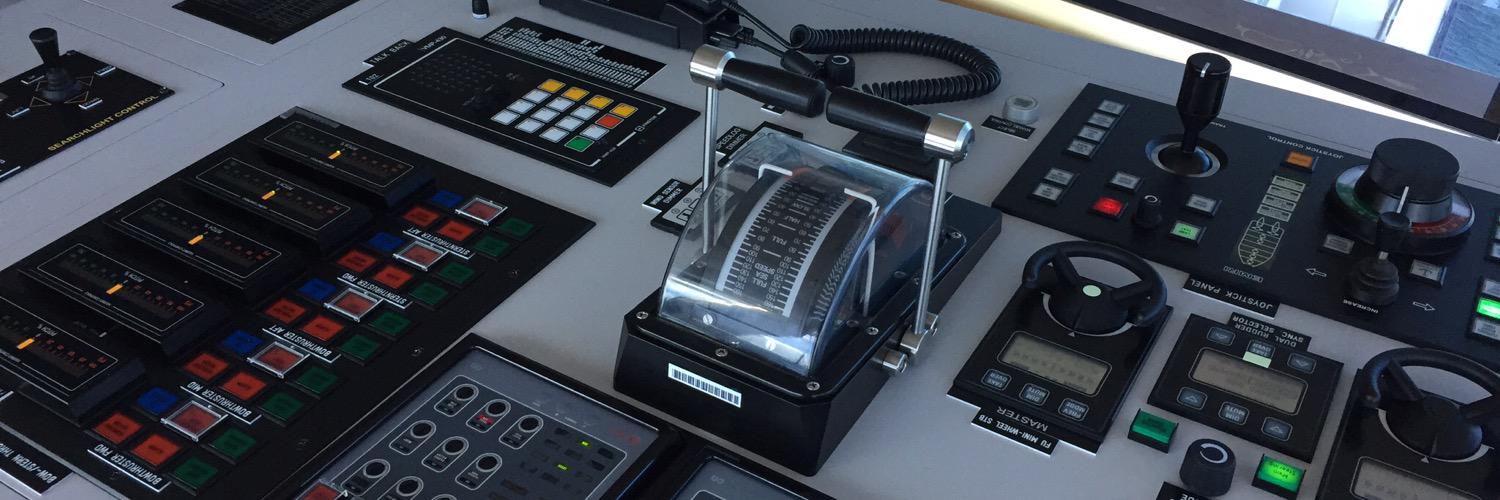“I think it’s very important to have a feedback loop, where you’re constantly thinking about what you’ve done and how you could be doing it better. I think that’s the single best piece of advice: constantly think about how you could be doing things better and questioning yourself.” – Elon Musk
The Tesla Model 3 production line was too slow. Demand was high but delivery was low. The entire line was being delayed by one particular step in the battery production line. Specifically, it was a step where a fiberglass mat was added between the battery pack and the floor pan. Elon Musk talks about the focus that was suddenly placed on this choke point. In an interview he gave, he says he was basically living on that production line until they could get it fixed.
Automate, Accelerate, Optimize. To address the constraint in the system that was choking the throughput, Elon goes on to explain how they focused on the automation. To make the robot better, they adjusted the programming. They increased the speed from 20% to 100%, optimized the paths it would take, increased the torque, removed unnecessary motion and reduced the amount of product needed. Instead of spackling glue on the entire mat, they programmed it to deliver dabs of glue that were just enough to hold it in place, sandwiching it between the battery pack and floor. These all added up to some minor time savings.
After investing a lot of time into the efficiency improvements, it occurred to Elon that he didn’t even know the reason for these mats. He asked the battery safety team, “Are these mats for fire protection?” They answered, “No, they are for noise and vibration.” He then went to the noise vibration analysis team and asked them, “Are these mats for noise reduction?” They answered, “No, they are for fire safety.”
“I’m trapped in something like a Kafkaesque or Dilbert cartoon!” Elon discovered the mats had no reason to be included. After verifying with testing, they eliminated the unneeded parts that were choking the Model 3 production line. Production throughput increased.
How many times have you optimized a bit of code, a process or a system only to finally realize that the best optimization was to simply delete it? Before we take on some new work, a new project or even an improvement effort, ask yourself and others, “Do we even need this?” We all have limited time and resources. Some upfront investment in validating the real need can pay material dividends. Seek to eliminate waste. Instead of focusing on improving unneeded processes, let’s focus our efforts on things that deliver real value and outcomes.
Before automating, ask yourself if the time investment will deliver more value than we put in. Before accelerating, ask yourself if the haste will actually eliminate waste. And before improving something, ask yourself if we should just delete it instead. Challenge assumptions so we can ultimately deliver bold results that matter.
